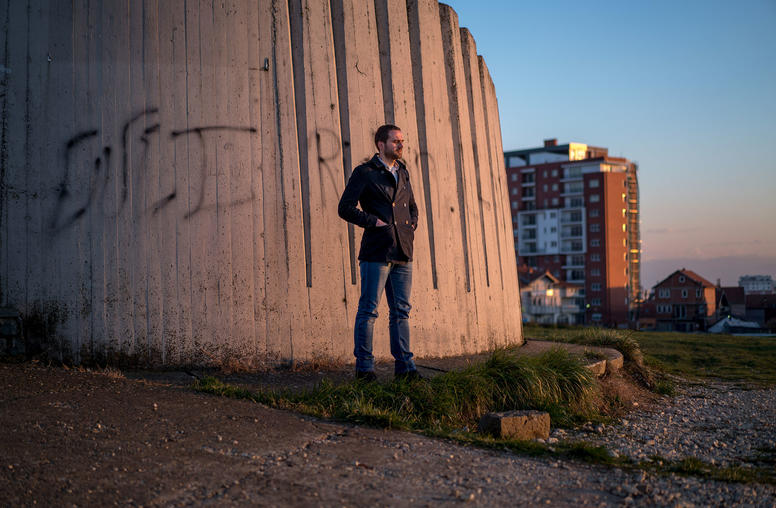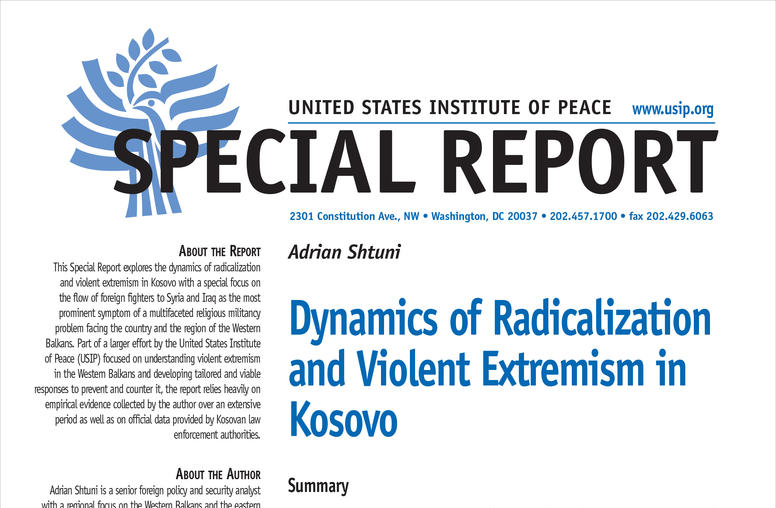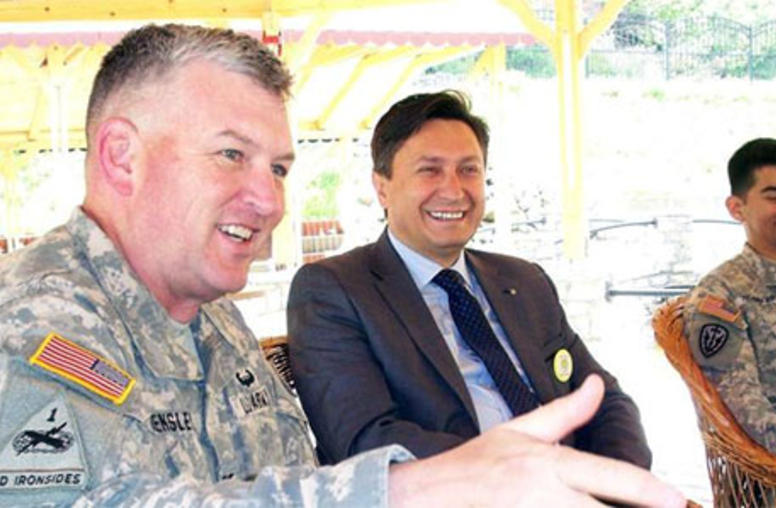The Quest for Viable Peace
International Intervention and Strategies for Conflict Transformation
As the editors of this groundbreaking volume explain, viable peace is achieved when the capacity of domestic institutions to resolve disputes peacefully overtakes the powerful motives and means for continued violent conflict.
International intervention in failing states that threaten peace and security does not by itself make the world safer. Too often, when intervening forces are unable to change the circumstances that breed violence, the intervention stalls and old animosities reignite. If international intervention is to be effective, its first task must be the attainment of viable peace.
As the editors of this groundbreaking volume explain, viable peace is achieved when the capacity of domestic institutions to resolve disputes peacefully overtakes the powerful motives and means for continued violent conflict. Getting to this point quickly demands the careful design and coordinated implementation of four mutually reinforcing strategies to moderate political conflict, defeat militant extremism, inculcate the rule of law, and establish a political economy that reduces rather than ignites conflict.
Drawing on their firsthand experience of Kosovo, the contributors—all seasoned practitioners and policymakers—identify the concrete challenges that must be confronted and lay out the practical steps that must be taken to transform a society habituated to violent conflict into one where peace can eventually be self-sustaining.
Conceptually innovative yet profoundly pragmatic, this book will change the way that international intervention is conceived and conducted.
About the Editors



